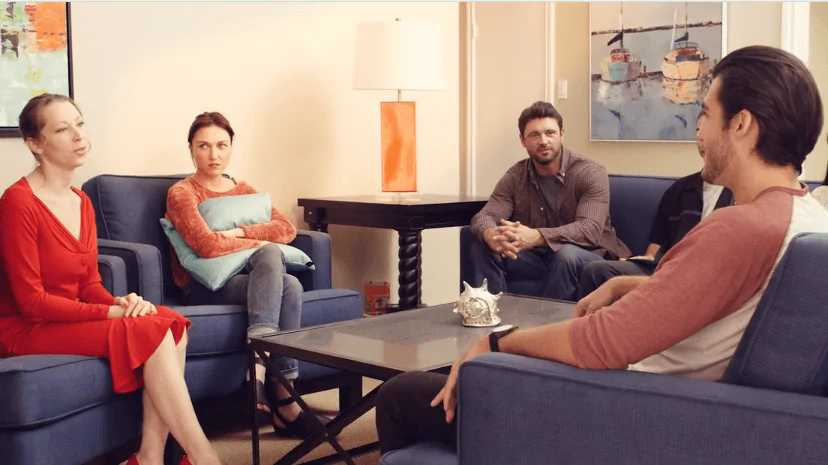24/7 Helpline:
(866) 899-111424/7 Helpline:
(866) 899-1114
Learn more about Bipolar Disorder Treatment centers in Orange County
Bipolar Disorder Treatment in Other Counties

His Mansion Ministries
His Mansion Ministries is a faith-based drug and alcohol rehab for adults located in Deering, New Ha...

Freedom House Recovery Center – New Stateside Drive
Freedom House Recovery Center - New Stateside Drive is a non-profit organization that provides resid...

Freedom House Recovery Center – Detox Center
Freedom House Recovery Center is a detox center in Chapel Hill, North Carolina, with 40 years of exp...

Freedom House Recovery Center – Family Counseling
Freedom House Recovery Center – Family Counseling is a private rehab located in Chapel Hill, North C...

A Life’s Journey Counseling Center
A Life's Journey Counseling Center specializes in behavioral health providing counseling therapies. ...





























Freedom House Recovery Center – Halfway House
Freedom House Recovery Center – Halfway House is a private rehab located in Chapel Hill, North Carol...

Alberta Professional Services – Homestead Place
Alberta Professional Services - Homestead Place offers inpatient treatment for individuals with a se...

UNC Hospitals – Mental Health
UNC Hospitals – Mental Health is a private rehab located in Chapel Hill, North Carolina. UNC Hospita...

TRC Counseling
TRC Counseling is a private rehab located in Chapel Hill, North Carolina. TRC Counseling specializes...

Oxford House
Oxford House is a private rehab located in Chapel Hill, North Carolina. Oxford House specializes in ...

Carolina Behavioral Care
Carolina Behavioral Care offers alcohol and drug rehab programming and mental health treatment to me...

Capital Area Substance Abuse DWI Services
Capital Area Substance Abuse DWI Services is a private rehab located in Chapel Hill, North Carolina....

Anxiety Disorders Treatment Center
Anxiety Disorders Treatment Center is a private rehab located in Chapel Hill, North Carolina. Anxiet...

Tasc Program
Tasc Program is a private rehab located in Hillsborough, North Carolina. Tasc Program specializes in...

UNC Horizons
UNC Horizons is a substance abuse treatment program dedicated to pregnant and/women with children wh...































Other Insurance Options

EmblemHealth

Private insurance

Regence

Choice Care Network

Aetna

Kaiser Permanente

Molina Healthcare

CareFirst

BlueShield

Multiplan

UMR

Lucent

Cigna

Highmark

MVP Healthcare

Ambetter

CareSource

Health Choice

Magellan

American Behavioral